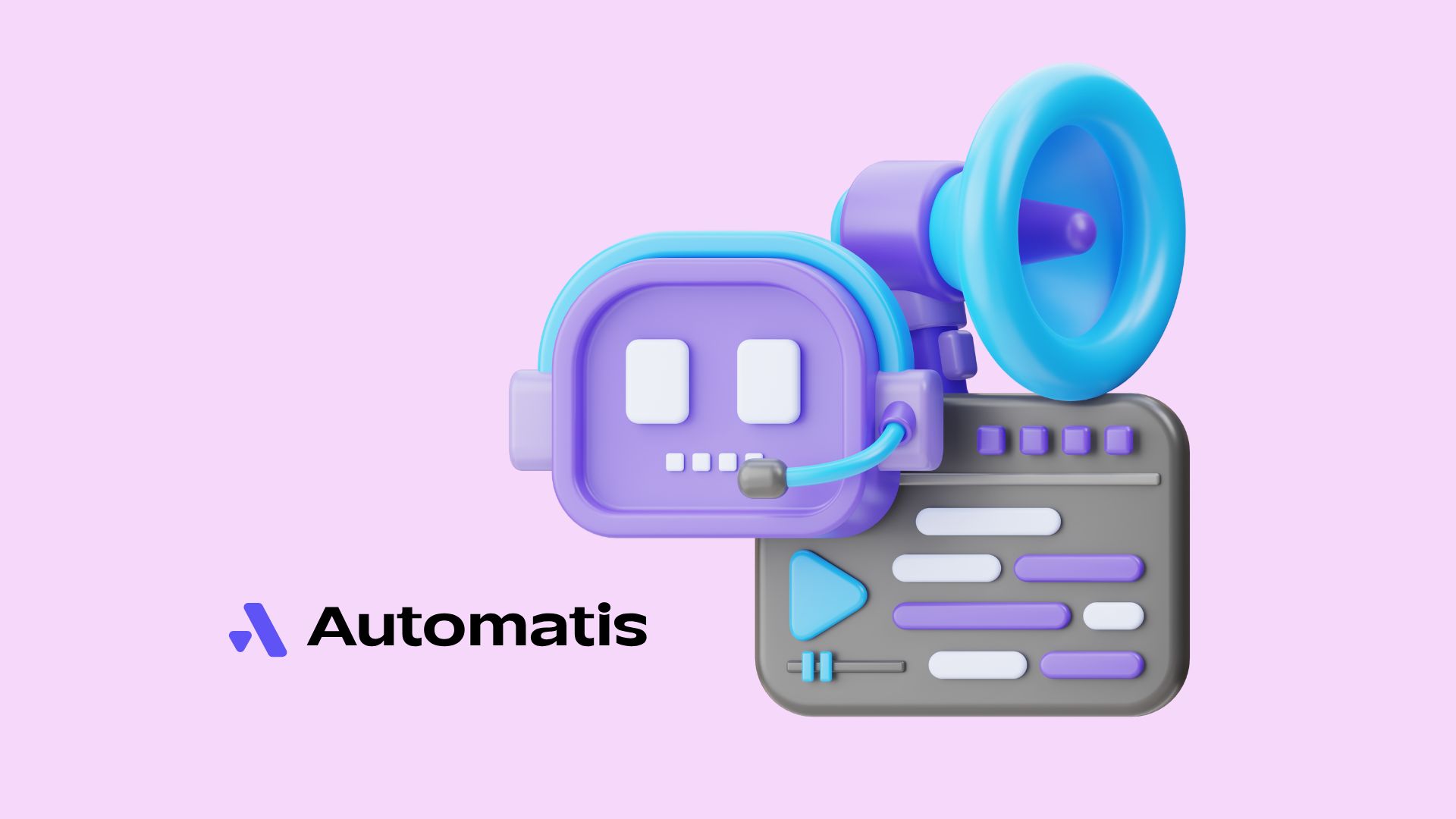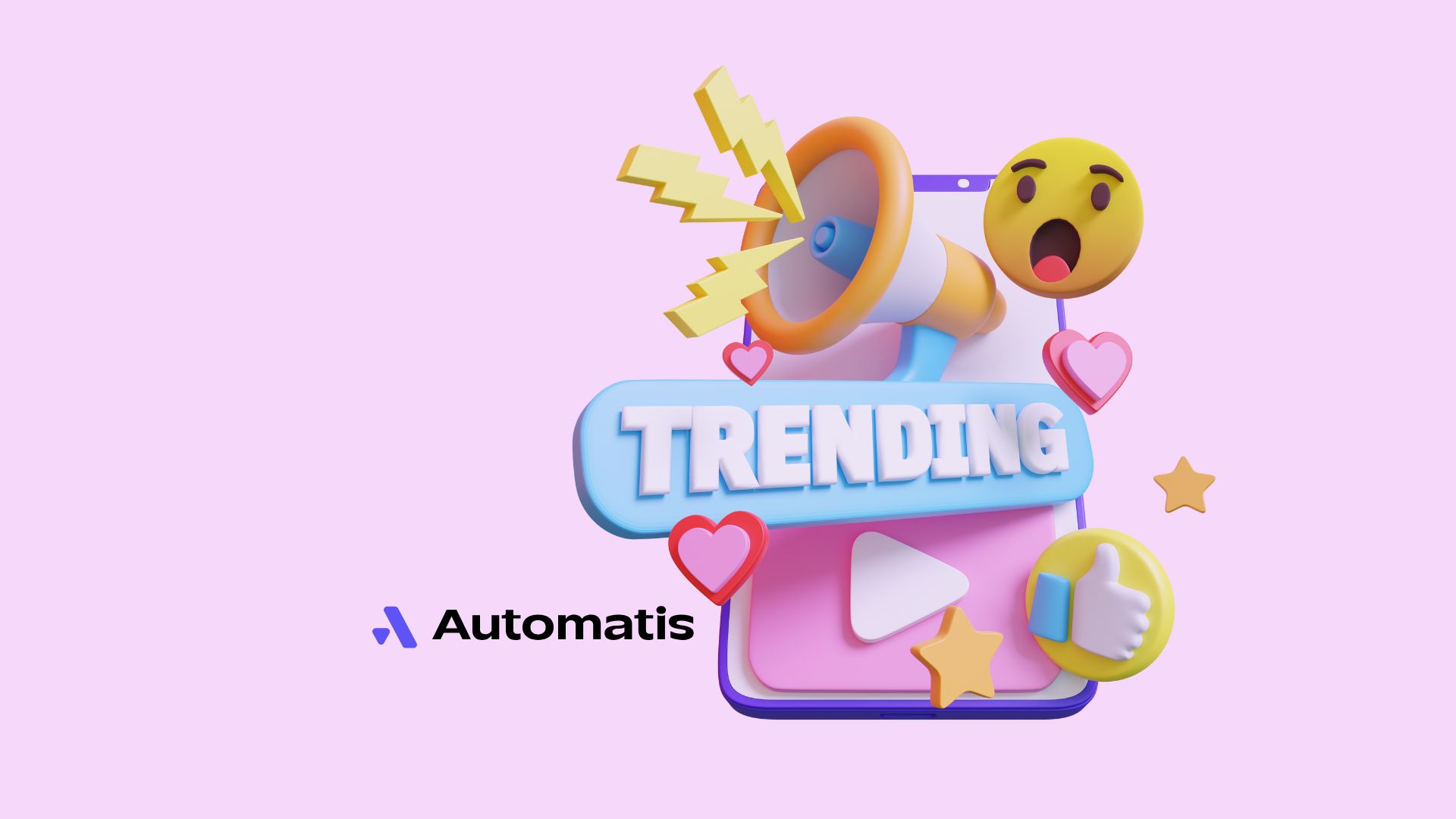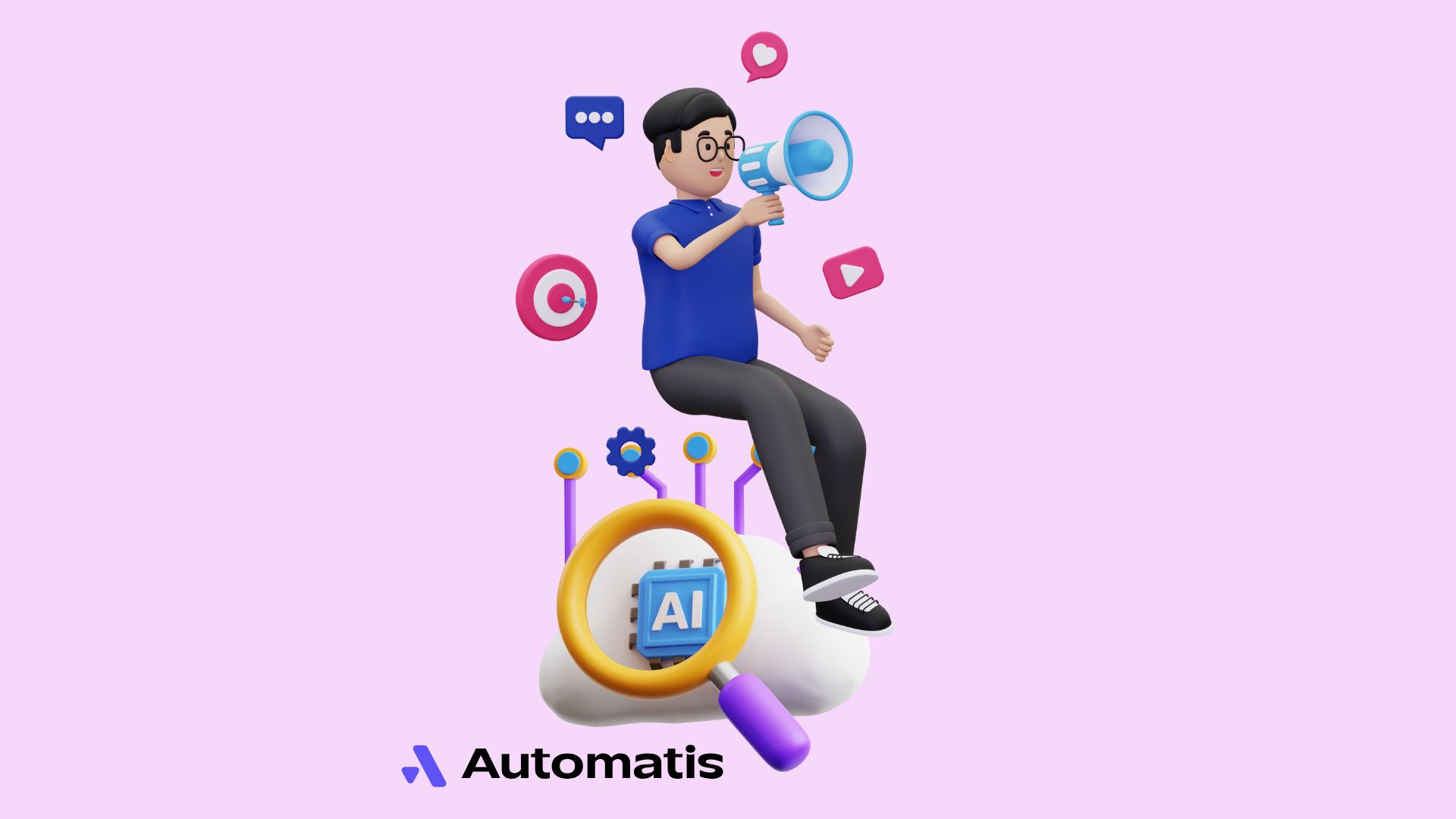Social media automation has become a game-changer for businesses aiming to maximize efficiency and scale their online presence. It streamlines tasks like posting content, analyzing performance, and engaging with audiences. However, automation also brings significant ethical challenges that demand attention. Questions around transparency, authenticity, and data privacy arise as automation tools handle more human-like interactions. Striking a balance between leveraging automation's efficiency and maintaining ethical practices is critical for fostering trust and credibility in the digital space.
What is Social Media Automation?
Social media automation refers to the use of tools and technologies to simplify and expedite tasks on social platforms. This includes scheduling posts, automating responses, and analyzing metrics. Tools like Hootsuite, Buffer, and Sprout Social allow businesses to manage multiple accounts seamlessly. Companies adopt automation to save time, optimize engagement strategies, and gain deeper insights into user behavior. While automation enhances operational efficiency, it must be implemented responsibly to avoid crossing ethical boundaries.
The Benefits of Social Media Automation
Automation offers undeniable advantages, including:
- Efficiency in Content Posting: Scheduling tools ensure that content reaches audiences at optimal times without constant manual effort.
- Enhanced Audience Targeting: Automation platforms analyze user data to help brands tailor content more effectively.
- Improved Analytics: Businesses can track performance metrics in real-time, refining strategies for better results.
Despite these benefits, relying too heavily on automation can lead to a loss of personal connection with audiences, making it essential to blend efficiency with authenticity.
Ethical Challenges in Social Media Automation
Automation raises several ethical concerns:
- Lack of Transparency: Users may not realize they're interacting with bots, leading to feelings of deception.
- Spreading Misinformation: Automated tools, when unchecked, can amplify fake news or misleading content.
- Privacy Issues: Data collection practices can infringe on user rights, especially when sensitive information is involved.
Addressing these challenges requires a commitment to ethical practices and proactive measures to mitigate risks.
Balancing Automation with Authenticity
Maintaining authenticity is crucial in automated interactions. Users value genuine connections, and brands that focus solely on automation risk alienating their audience. Successful strategies include:
- Incorporating human oversight into automated processes.
- Using automation for repetitive tasks while reserving meaningful engagement for human teams.
- Learning from case studies of brands that have effectively combined automation with authenticity.
For example, a well-known coffee chain uses automated replies for FAQs but assigns human agents for personalized customer concerns, striking the perfect balance.
Transparency in Automated Processes
Transparency is fundamental to ethical social media automation. Users deserve to know when they are interacting with an automated system. To promote transparency:
- Clearly label automated messages.
- Provide easy access to human support.
- Share information about the role of automation in your processes.
Some platforms, like Twitter, encourage labeling bot accounts, setting an industry standard for transparency.
Data Privacy and Security Concerns
Automation relies heavily on data, raising questions about privacy. Businesses must ensure:
- Compliance with data protection laws like GDPR and CCPA.
- Transparent data usage policies.
- Secure storage and processing of sensitive information.
Ethical data practices build user trust and protect businesses from legal repercussions.
The Role of AI and Machine Learning in Social Media Automation
AI and machine learning (ML) are integral to advanced automation tools. They power algorithms that predict user preferences, personalize content, and detect harmful posts. However, they also pose ethical dilemmas:
- Bias in AI algorithms can lead to unfair treatment.
- Lack of explainability in AI decisions creates trust issues.
As AI evolves, prioritizing ethical design and user accountability will be paramount.
Automation and Content Moderation
Social media platforms often use automation to moderate content, flagging inappropriate posts and comments. While this helps maintain community standards, it also introduces ethical challenges:
- Automated systems may misinterpret context, leading to unjust removals.
- Users may feel censored by algorithms rather than humans.
Balancing automation with human moderation ensures fairness and reduces errors.
Addressing Misinformation Through Automation
Misinformation is a persistent issue on social media, and automation can either exacerbate or alleviate this problem. Automated systems are increasingly being employed to identify and flag false information. Here's how they can contribute:
- Detecting Fake News: Tools like NewsGuard and fact-checking bots scan posts for signs of misinformation. Algorithms assess content credibility based on source reliability and language patterns.
- Fact-Checking Integrations: Automation can cross-reference claims against verified databases in real time, alerting users to inaccuracies.
- Human Oversight: While automation helps in identifying potential misinformation, human editors play a critical role in making final decisions, ensuring contextual accuracy.
However, ethical concerns arise when automation unintentionally flags valid information or overlooks subtler forms of fake news. The solution lies in a hybrid approach, combining automated detection with human validation.
Social Media Automation for Small Businesses
For small businesses, automation can be a lifeline, enabling them to compete with larger competitors on social media. Key advantages include:
- Cost-Effectiveness: Automated tools reduce the need for large marketing teams.
- Time-Saving: Small business owners can focus on operations while automation handles content posting and engagement.
- Improved Reach: Automation tools analyze and optimize post timing and audience targeting.
However, ethical pitfalls for small businesses include over-automation, leading to a loss of personal touch. To avoid this:
- Engage personally with followers for meaningful conversations.
- Use automation to complement, not replace, human interaction.
- Be transparent about automated processes to maintain trust.
Regulatory and Legal Implications
Regulations govern how automation interacts with users and handles data. Businesses must comply with:
- Global Privacy Laws: Laws like GDPR (General Data Protection Regulation) in Europe and CCPA (California Consumer Privacy Act) in the U.S. mandate transparency in data collection and usage.
- Platform-Specific Policies: Social media platforms enforce guidelines to regulate automated accounts, including disclosure requirements.
- Penalties for Non-Compliance: Failure to follow regulations can lead to heavy fines, reputational damage, and legal battles.
Understanding and adhering to these rules is essential for ethical automation and protecting user rights.
Best Practices for Ethical Social Media Automation
Implementing automation ethically requires a structured approach. Best practices include:
- Clear Disclosure: Label automated posts and responses to avoid misleading users.
- Prioritize Privacy: Collect only necessary data and secure it using encryption.
- Blend Automation with Human Oversight: Ensure sensitive tasks are managed by real people.
- Test Algorithms Regularly: Periodic checks reduce bias and improve accuracy.
Tools like HubSpot and Zoho Social prioritize ethical automation features, helping businesses maintain compliance while improving efficiency.
Future of Social Media Automation and Ethics
The future of social media automation will likely see even more sophisticated tools powered by AI and machine learning. Emerging trends include:
- Hyper-Personalization: AI-driven insights will allow brands to tailor content at an individual level.
- Enhanced Fact-Checking: Automation will play a larger role in combating misinformation.
- Stronger Regulations: As automation grows, stricter laws will emerge to protect users.
Ethical considerations will remain central as users demand transparency and accountability in automated interactions.
Conclusion
Social media automation is a powerful tool for enhancing efficiency, but its ethical implications cannot be ignored. Striking the right balance between automation and transparency ensures that users feel valued and businesses maintain credibility. By implementing best practices, respecting user privacy, and staying transparent, organizations can navigate the challenges of automation responsibly. The future of social media depends on this balance, fostering a digital ecosystem that is both efficient and ethical.









